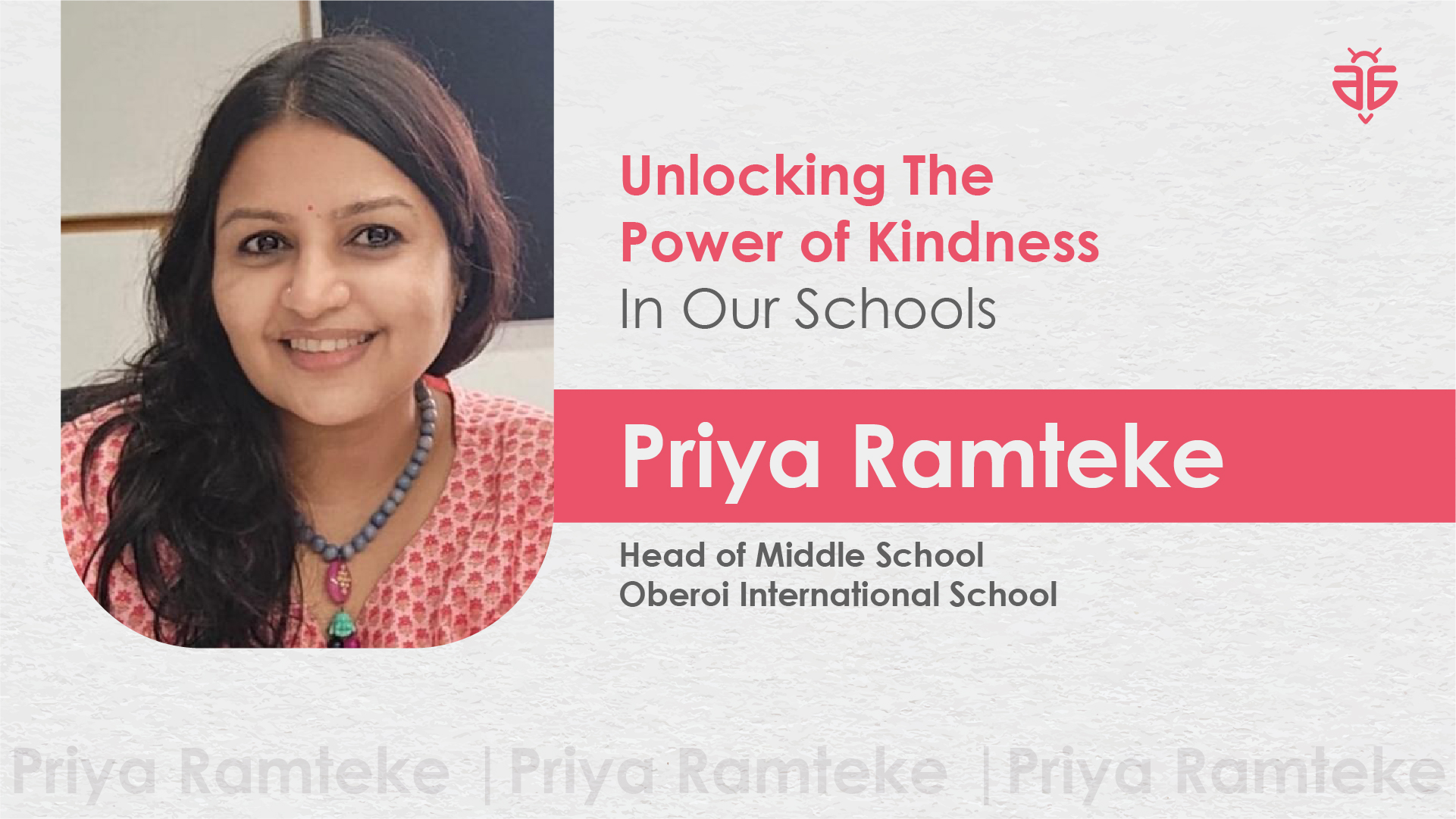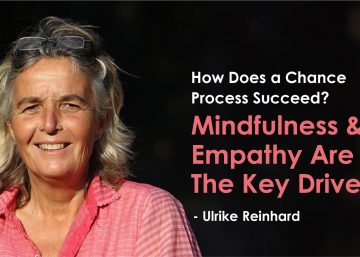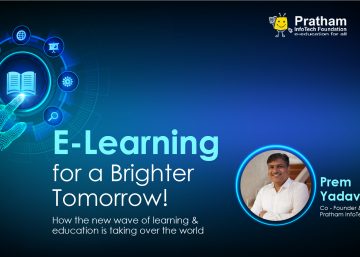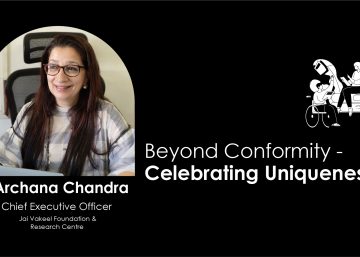“The best and most beautiful things in the world cannot be seen or even touched-they must be felt with the heart.” -Helen Keller
Time and again, there are moments in life that challenge your core beliefs and bring you to crossroads. The path ahead seems complex and insurmountable. At moments such as these, I start yet again and turn to my essential core beliefs: Honesty, Trust and Empathy.
I believe that honesty, trust and empathy help us to build psychologically safe communities where learners are encouraged to take risks and grow from their failures. Honesty, empathy, and trust lead to a culture of kindness. This shapes and supports communities in facing unprecedented and sometimes frightening change that defines our life in today’s fast-paced constantly evolving world. It helps us in becoming stronger together.
Kindness to self:
- Provide students an opportunity for quiet contemplation, reflection and mindfulness. Let them connect with themselves and be kind to themselves at first.
Model kind behaviour:
- Simple acts of kindness, the tone of your voice, and the care and concern that you demonstrate to the students and each other in the community can be infectious. If you want to create a culture of kindness, just lead with kindness and live it every day and every moment. I am lucky that in my role as Head of Middle School, I see the transformative power of kindness every other day. This year as usual our year started off with our Open House event in August-it was an extraordinary event where parents experience life as a student. This event can only happen successfully when each member of the community plays their part authentically. This was a shining example of teamwork and collaboration where volunteer students supported parents, leaders supported teachers to make this an event to remember! One particular example of kindness that stood out was a Grade 8 student who accompanied another student’s grandmother to every class and translated the language of instruction for her so that the grandmother could gain the most out of the day!
The above strategies are not really rocket science, on the contrary, they are glaringly obvious things that we should be practising in our school but unfortunately, we have forgotten to to value what really matters in life.
Here is a simple approach we can adopt in schools to make our schools kind, empathetic communities:
- The Mission and vision of the school should include a statement on kindness.
- Identify the attributes within our school communities that relate to kindness. In my experience, essential skill-building around the following 3 C’s is essential.
- Compassion
- Care
- Collaboration
- Build a kindness curriculum that is embedded within the teaching and learning of disciplines at school.
- Upskill and train the entire community in the kindness curriculum.
- Celebrate small acts of kindness
We have a responsibility to make kindness the norm. This can only happen if we make concerted efforts in helping our children understand both worlds-one that is within them as well as the one outside them.
In order to understand what really matters in life we need to be revitalised, resilient, and reconnected with our hearts and souls to journey through life.
How many of us and how many of our schools teach these skills to our students? Do we really? And do we know how to do this for ourselves? If not, let us start today for we are all joined by our human hearts!
Click here for more stories of changemakers and practising kindness!
aidbeesworks with 130+ NGOs across 10+ themes including environment, education, health, empowerment, etc. You can support them and join us in spreading the Kindness Revolution. Click here to explore more!
About The Guest Author: Priya Ramteke is an renowned educationist and currently works with the Oberoi International School as the Head of Middle School. She has over 20 years of experience in the education sector, working in various roles and contexts, including state schools in England and IB schools in India. Priya also holds a Certificate of International School Leadership from the Principal Training Centre, a Qualified Teacher Status from the General Teaching Council for England, and a Master of Science and Bachelor of Education from Pune University







